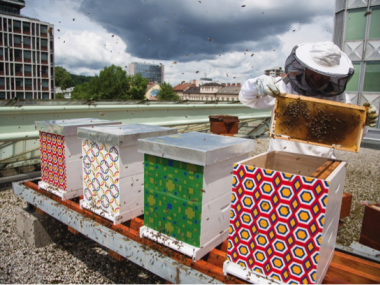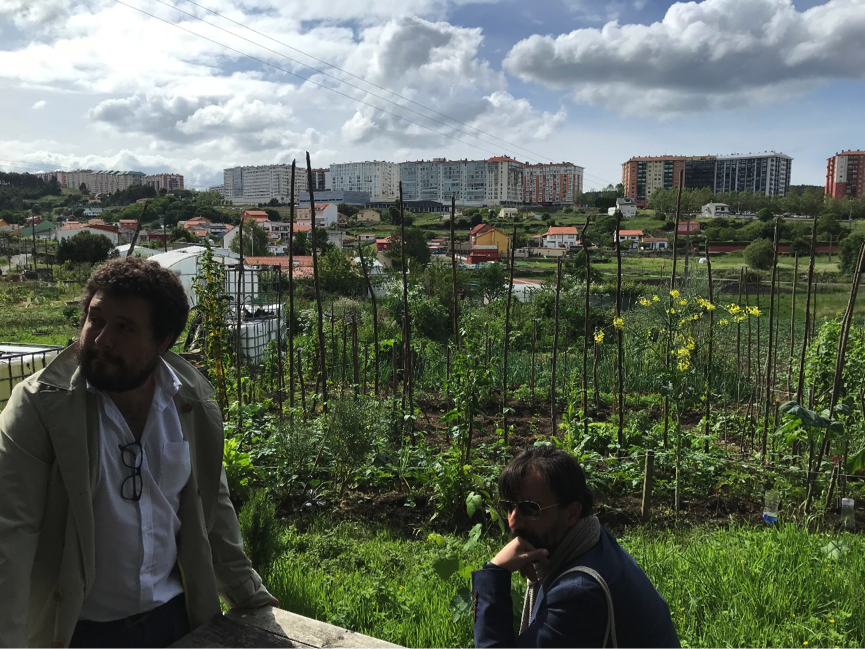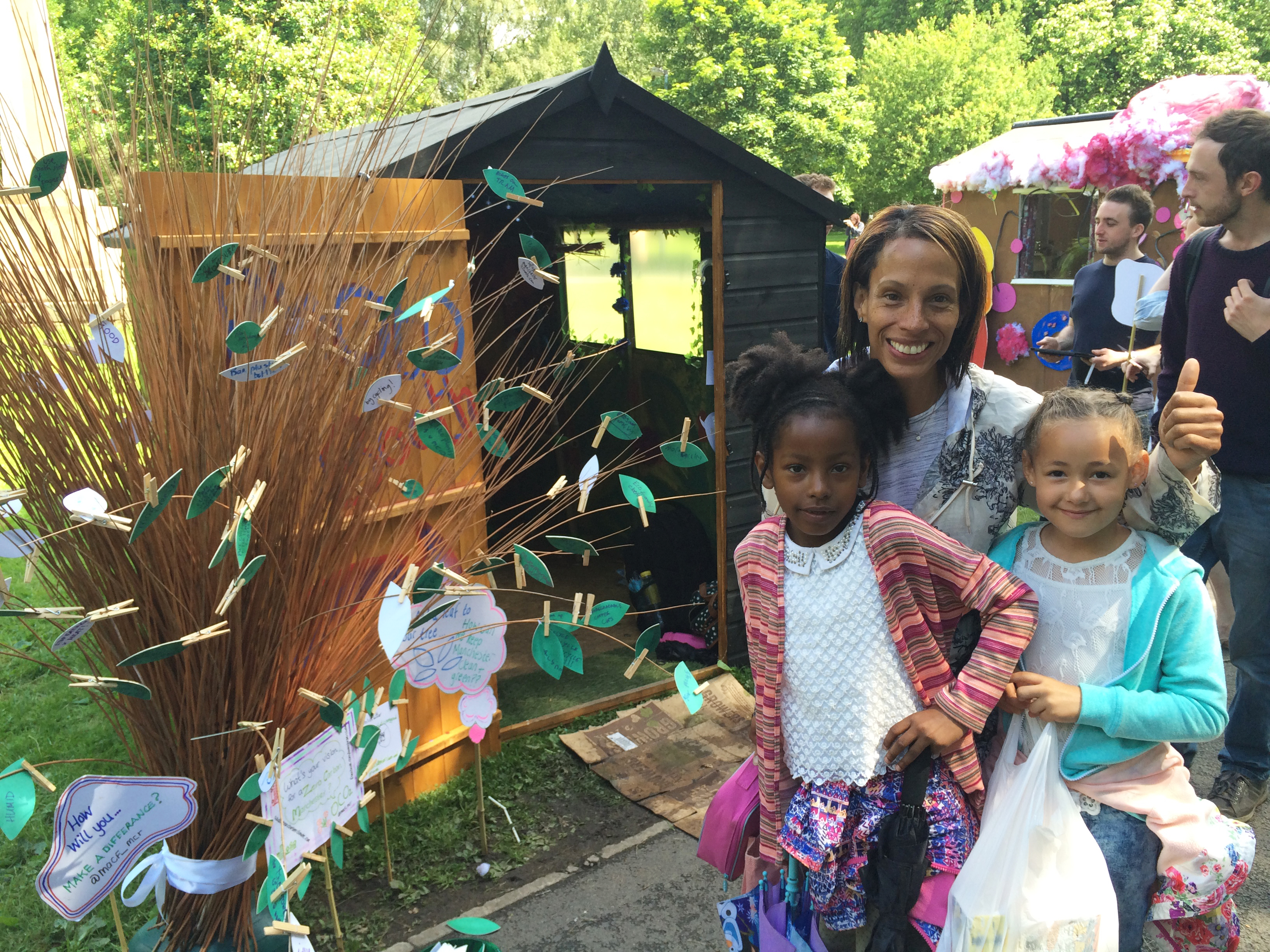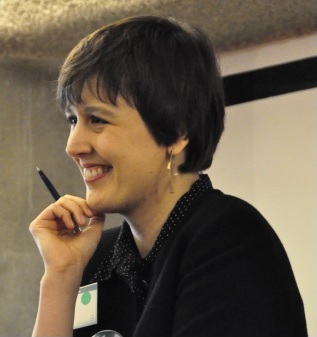EU Green Week inspiration: 5 networks to watch
Edited on
17 July 2019Ania Rok, URBACT programme expert, takes a close look at URBACT's 5 most environmentally friendly networks.

Have you heard thousands of young people all over the world calling upon us to get serious about the climate crisis? It’s high time we stopped making excuses and started acting. URBACT transfer networks offer concrete examples of how each and every city can contribute to a more sustainable future.
1. Bee-friendly cities - good for nature, good for people
Did you know that bees are one of the best indicators of environmental health? This is why the city of Ljubljana (SL), European Green Capital 2016, originally decided to support urban beekeeping and then things got a little out of control! It turned out that the bees (or was it honey?) had the power to bring so many people and activities together: from biodiversity protection to tourism, from corporate social responsibility to open source design. As part of BeePathNet network, Ljubljana and 5 partner cities are (re)discovering urban beekeeping as a way to co-create greener cities and stronger communities.
Visit the network's page: BeePathNet
2. Sustainable food - one school meal at a time
Think only big cities can afford to go green? Think again or, better yet, find out more about the incredible work that the French city of Mouans-Sartoux (FR) and its BioCanteens partner cities do to promote sustainable food systems. Imagine school canteens with 100% organic meals that do not cost more thanks to reduced food waste. They are also better for the planet thanks to an increased share of plant proteins. And now, imagine the food is also grown locally, creating jobs and raising awareness about sustainable lifestyles. Sounds tasty, right?
Visit the network's page: BioCanteens
3. Urban gardens – looking to Rome
Urban gardening projects have become widespread in European cities, but are we making the most of the opportunities they offer? Urban gardens are not just places to relax and grow some zucchini; they can be experiments in citizenship and democracy, social innovation and inclusion too. They can also promote new, healthier mind-sets and lifestyles. Partners of RU:RBAN network are getting inspiration from the city of Rome (IT), home to over 200 community-run green areas that fulfil social, environmental and cultural goals.
Visit the network's page: RU:RBAN

4. Recycling – re-use and reap the rewards!
Learning from the Spanish city of Santiago de Compostela (ES), Tropa Verde partners are encouraging citizens to reuse and recycle by proposing a reward system managed via an online platform. Local government works closely with local businesses and partners to make sustainable choices easier and more fun. The trick is to set the rewards in such a way that the system promotes genuine behaviour change and does not simply fuel more consumption, e.g. by supporting sustainable businesses, promoting services over products or encouraging a healthy lifestyle. We can all learn from the Tropa Verde network!
Visit the network's page: Tropa Verde
5. Climate emergency – helping artfully
The arts and culture sector is far from being the biggest contributor to the climate emergency we are facing. However, when it comes to sustainability, artists and institutions can lead by example, bring critical issues to the public agenda and change mind-sets. The partners of the C-CHANGE network are learning from the experience of the Manchester Arts Sustainability Team how to better involve the arts and culture sector in developing and implementing ambitious local climate policies. Who knew that the local arts and culture community could be the best allies in creating a cultural shift and a sense of urgency needed to address the climate emergency?
Visit the network's page: C-CHANGE

 Submitted by Ania Rok on
Submitted by Ania Rok on




